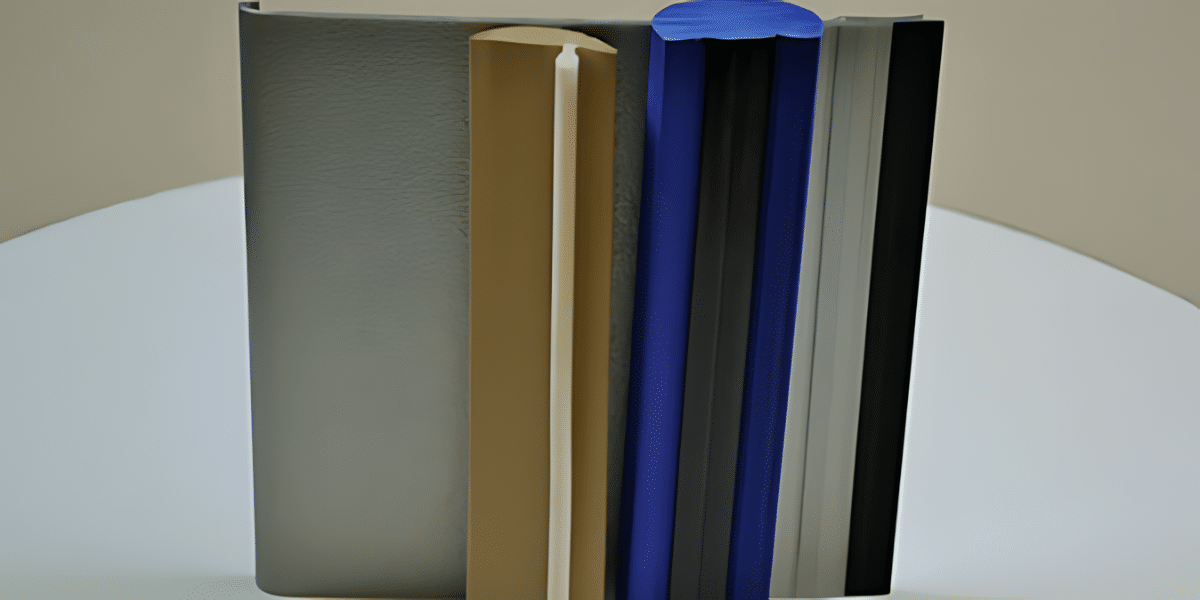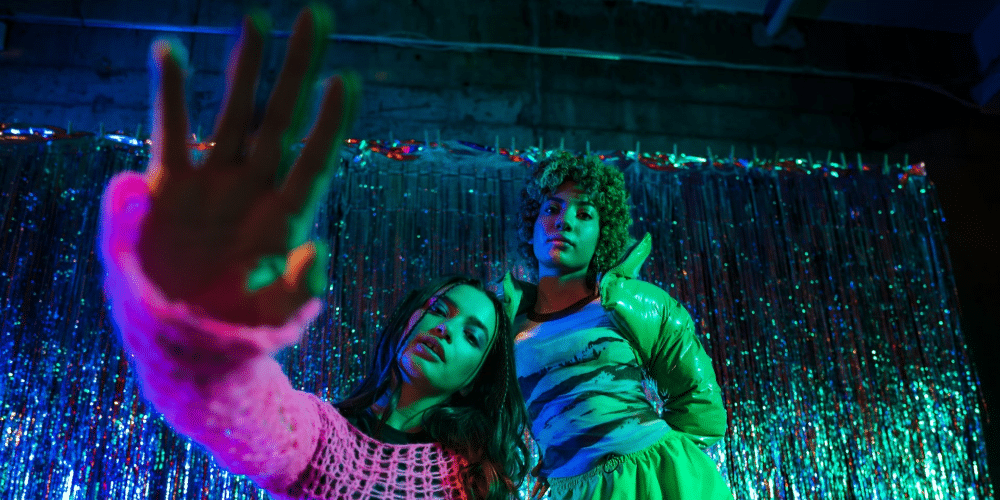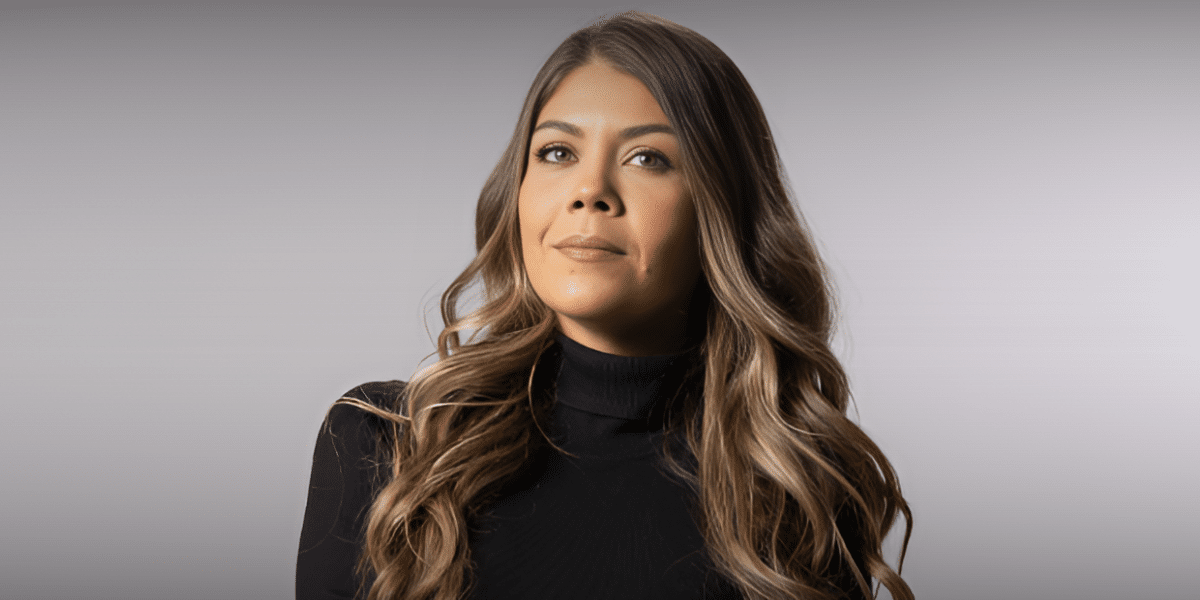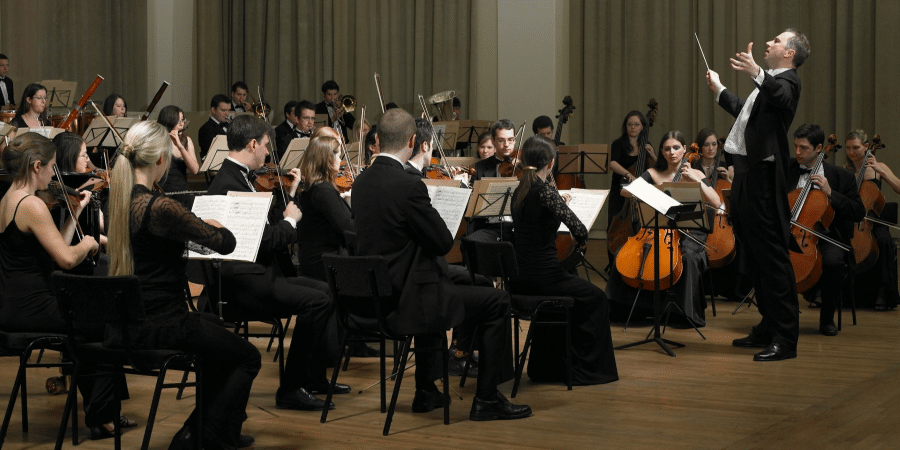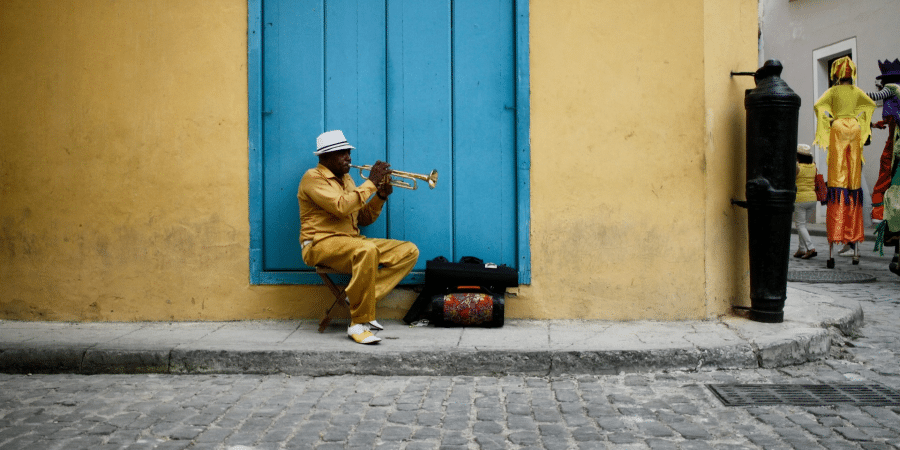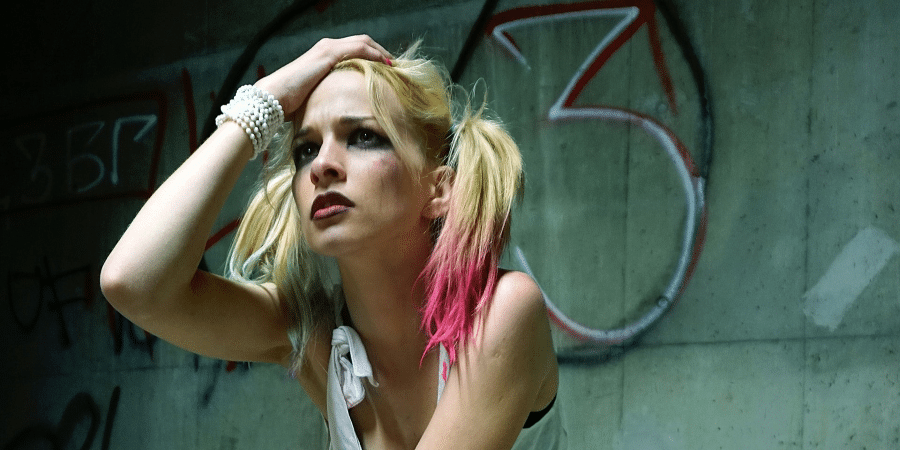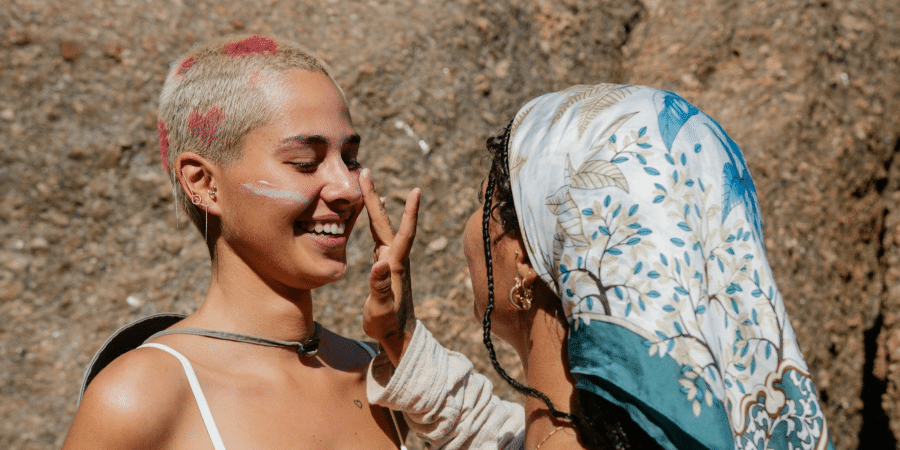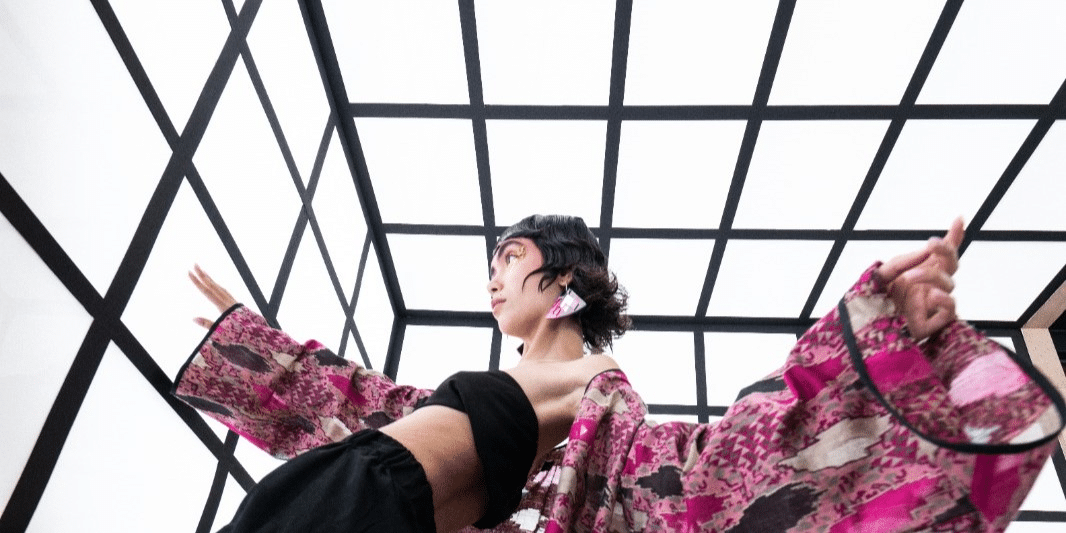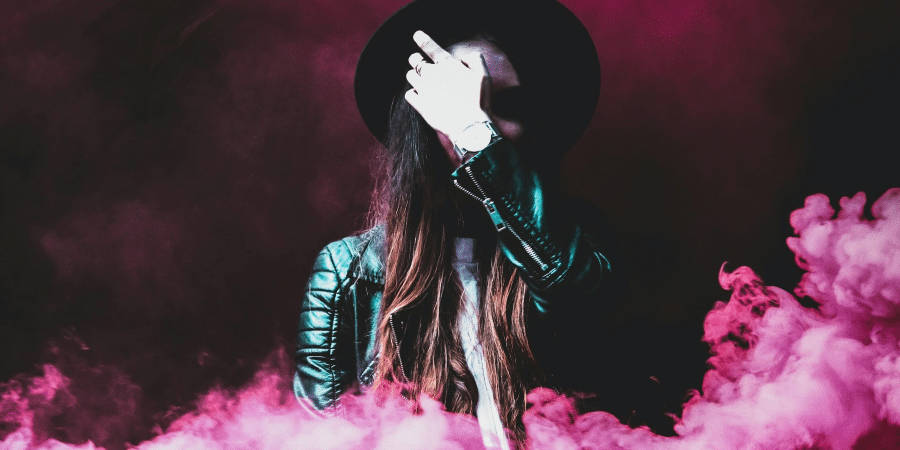Poetry and lyricism are two artistic forms that have long been intertwined, sharing a close relationship that spans centuries of human expression. From ancient oral traditions to modern songwriting, the marriage of poetry and music has captivated audiences around the world, weaving together the power of language with the emotional resonance of melody. In this article, we’ll delve into the rich history of poetry and lyricism, exploring their shared roots, their unique characteristics, and the ways in which they continue to influence and inspire one another.
The Origins of Poetry and Lyricism
Both poetry and lyricism have ancient origins, rooted in the oral traditions of cultures around the world. In ancient civilizations such as Mesopotamia, Egypt, and Greece, poetry was often recited or sung aloud as a form of storytelling, entertainment, and ritual. Similarly, lyricism emerged as a form of musical expression, with ancient poets and musicians composing songs that combined poetry with melody to convey emotion, convey meaning, and celebrate the human experience.
Shared Characteristics
At their core, poetry and lyricism share many common characteristics. Both forms rely on the use of language to evoke emotion, stimulate the imagination, and communicate ideas. They often employ techniques such as rhyme, rhythm, and metaphor to create imagery, establish mood, and engage the senses. Additionally, both poetry and lyricism have the power to transcend cultural and linguistic barriers, speaking to universal themes and emotions that resonate with audiences across time and space.
Poetry in Music
Throughout history, poetry has played a central role in the creation of music, providing songwriters and composers with a rich source of inspiration for their lyrics. From the ballads of the medieval troubadours to the folk songs of the American frontier, poetry has been set to music in a wide variety of styles and genres. In the realm of popular music, artists such as Bob Dylan, Joni Mitchell, and Leonard Cohen have elevated the art of songwriting to new heights, crafting poetic lyrics that explore themes of love, loss, and social justice.
Lyricism in Poetry
Conversely, lyricism has also influenced the world of poetry, inspiring poets to explore new forms, styles, and techniques in their writing. The lyrical tradition, characterized by its musicality, emotional intensity, and personal voice, has informed the work of poets across diverse cultural and literary traditions. Poets such as William Wordsworth, Walt Whitman, and Sylvia Plath have drawn upon the principles of lyricism to create poetry that is both deeply personal and universally resonant, capturing the complexities of human experience in lyrical language.
Contemporary Expressions
In the modern era, the relationship between poetry and lyricism continues to evolve, reflecting the changing dynamics of society, culture, and technology. In the realm of popular music, artists blend elements of poetry with electronic beats, hip-hop rhythms, and spoken-word performance to create innovative and boundary-pushing compositions. Similarly, contemporary poets experiment with form, language, and voice, drawing inspiration from music, film, and visual art to push the boundaries of traditional poetic expression.
Connecting Through Words
In conclusion, the close relationship between poetry and lyricism is a testament to the enduring power of language and music to touch our hearts, stimulate our minds, and inspire our souls. From ancient oral traditions to modern multimedia expressions, poetry and lyricism continue to enrich our lives with their beauty, depth, and emotional resonance. Whether experienced on the page, the stage, or through the speakers of our headphones, the marriage of poetry and music reminds us of the boundless possibilities of human creativity and the profound connections that unite us all.


